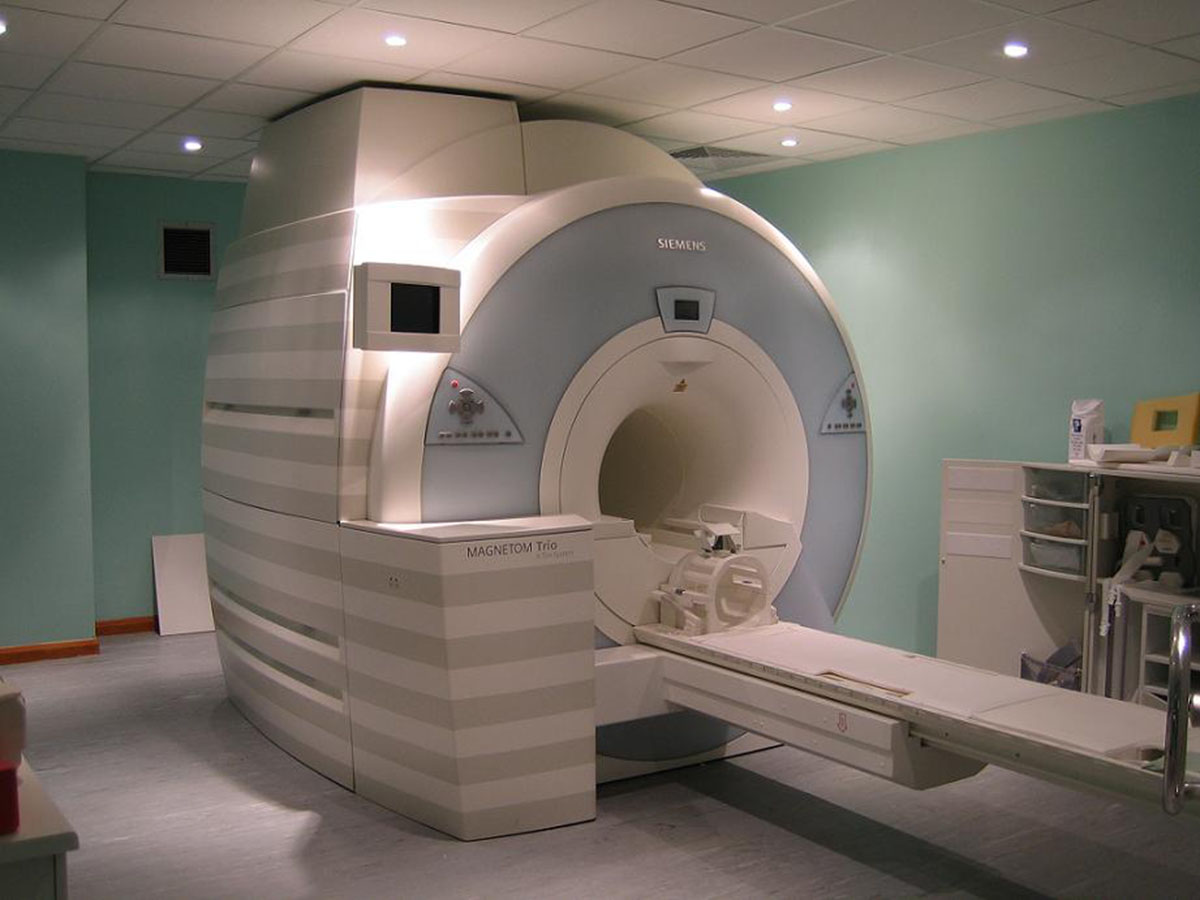Table of Contents
Diagnosis
Corticobasal degeneration is diagnosed based upon the signs and symptoms a patient presents with. Most often, it involves a blood test and an MRI of the brain to rule out any other disorder. There are currently no medications that can be used to treat CBD.
However, some medications can help control the symptoms of the disorder. Some individuals show improvement in their movements when they are prescribed the same drugs used to treat the symptoms of Parkinson’s disease. For those with severe muscle stiffness, muscle relaxers and Botox injections could be useful. In people who experience depression and motivational issues, being treated with antidepressants can be beneficial. In severe symptoms, antipsychotic drugs can alleviate agitation but should not be taken unless absolutely necessary.

Complications Of Corticobasal Degeneration
In itself, CBD is not fatal, but it can wind up causing serious health complications. Having difficulty swallowing and a higher risk of choking or inhaling foods or liquids into the airway. If a person aspirates on food or liquids, it can result in aspiration pneumonia. This is an infection which is caused by a small piece of food entering the lungs.
The symptoms associated with aspiration pneumonia include a high temperature, fatigue, shortness of breath, chest pains, bluing of the skin and wheezing upon breathing in. Sometimes there is also a cough that can produce a bad smelling phlegm and it could contain small amounts of pus or blood.
It’s important to get emergency medical attention if you suspect inhalation pneumonia or acute respiratory distress syndrome, because without treatment these conditions can be fatal.
Prognosis for Corticobasal Degeneration
The gradual loss of brain tissue and the symptoms of CBD usually start between the ages of 45 and 70 years old. Initially, a person can experience stiffness, shakiness, slowness and clumsy movements and difficulty with comprehension and speaking. While in the past, many individuals were misdiagnosed with Parkinson’s disease, those with CBD may also get other symptoms that are not common with PD and it is sometimes referred to as a ‘Parkinson’s plus” syndrome.
A person with corticobasal degeneration will commonly become disabled and immobile within five years of the onset of the disease. Within about a decade, pneumonia or another bacterial infection could lead to life-threatening or fatal complications.
READ Alzheimer's Disease - What Is On The Horizon For This Debilitating Disorder?
There have been many significant advancements made in the field of understanding corticobasal degeneration, but more research is needed for better treatment options to become available. The University of California San Francisco is actively involved in researching the cause or causes of CBD and how the disease progresses. With the wealth of information available online and ongoing research concerning CBD, it’s possible to find a trial study or to locate a support group of others dealing with the same prognosis. As with many diseases, CBD has a bleak outlook, but the more a person knows and becomes educated about it, the less threatening the future may be.
- Photo courtesy of juhansonin via Flickr: www.flickr.com/photos/juhansonin/3828053427
- Photo courtesy of Image Editor via Flickr: www.flickr.com/photos/11304375@N07/3081315619
- www.ninds.nih.gov/disorders/corticobasal_degeneration/corticobasal_degeneration.htm
- memory.ucsf.edu/education/diseases/cbd
- http://www.ucsfhealth.org/conditions/corticobasal_degeneration/
- www.psp.org/education/cbd.html


Your thoughts on this